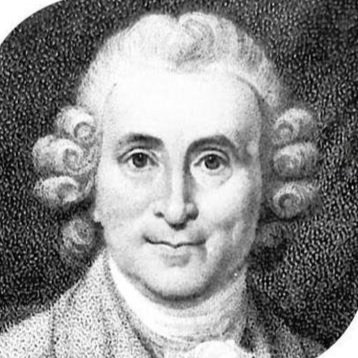
Child Maltreatment Priority Setting Partnership
Focus Groups and Talking Circles
About the Project
The perspectives of youth with lived experiences of maltreatment are rarely included in child maltreatment research. Meaningfully engaging youth (18-30 years) and caregivers in research as equal collaborators will result in impactful research that is reflective of, and relevant to, the needs of youth and families. The goal of this Priority Setting Partnership (PSP) is to identify key research priorities for the field of child maltreatment. Youth, caregivers, and clinicians will guide the selection and formulation of the research priorities. Our team will then disseminate the top ten research priorities to policymakers, stakeholders, and the public.
In the first phase of this project, we collected open-ended responses on what participants believe are important research questions in the field of child maltreatment. The purpose of these focus groups and Talking Circles is to build on the responses of the first survey by centring the perspectives of Black, Indigenous, racialized, and 2SLGBTQIA+ youth, who are disproportionally affected by child maltreatment and child welfare systems. Participants will be asked to consider their intersecting identities when discussing what research priorities, concerns, or questions related to child maltreatment they think are most important to investigate.
We want to hear from you if you:
Are a young person aged 18 to 30 years and have first-hand experience of childhood trauma (before the age of 18)
Talking Circles:
Identify as Indigenous (First Nations, Inuk (Inuit), or Métis)
To participate in person, you must live in Ottawa or Guelph, Ontario
Focus Groups:
Identify as Black, racialized, or 2SLGBTQIA+
To participate in person, you must live in Ottawa or Guelph, Ontario
Your experience and knowledge will define the most important questions to be answered by future research. We want to know what matters most to you.
Eligibility for Focus Groups and Talking Circles:
How do we define childhood trauma?
For this project, we use trauma and maltreatment interchangeably to mean:
‘All types of physical and/or emotional ill-treatment, sexual abuse, neglect, negligence, and trafficking or other commercial exploitation, which results in actual or potential harm to the child’s health, survival, development, or dignity in the context of a relationship of responsibility, trust or power’ (adapted from WHO, 2022).
Scroll to the bottom for more details!
Want to participate? Click here to share your contact info, and we'll send you more details:
How Will it Work?
Talking Circles
Talking Circles will be conducted for Indigenous youth
Each Talking Circle will have 4-8 participants and will last about 90 minutes
Talking Circles will occur in person or virutally, depending on preference. However, you must live in Ottawa or Guelph, Ontario in order to participate
You will be compensated $100 CAD after participation via prepaid Visa gift card
Groups will be co-facilitated by a youth with lived experience of child maltreatment from our team (if available)
Please note: you will not be asked to share any personal details or experiences
Focus Groups
Focus groups will be separately run for Black, racialized, and 2SLGBTQIA+ youth
Each focus group will have 4-8 participants and will last about 90 minutes
You will have the option of participating in a virtual or in-person focus group. You must live in Ottawa or Guelph, Ontario to participate in person
You will be compensated $100 CAD after participation via prepaid Visa gift card
Groups will be co-facilitated by a youth with lived experience of child maltreatment from our team (if available)
Please note: you will not be asked to share any personal details or experiences
Please watch this video for more information on our PSP
FAQs
-
A priority setting partnership (PSP) is an initiative created by the James Lind Alliance, which was established in 2004, and brings patients, carers and clinicians together in PSPs. These PSPs identify and prioritize the evidence uncertainties, or ‘unanswered questions’, that they agree are the most important for research in their topic area. Traditionally PSPs have focused on uncertainties about the effects of treatments, but some PSPs have chosen to broaden their scope beyond that.
The aim of a PSP is to help ensure that those who fund health research are aware of what really matters to those it impacts - patients, young people, carers and clinicians.
-
We will share the results with healthcare providers, non-profit organizations that work with young people with histories of trauma, government organizations, and communities. Our goal is to produce meaningful changes in childhood trauma research and treatment.



